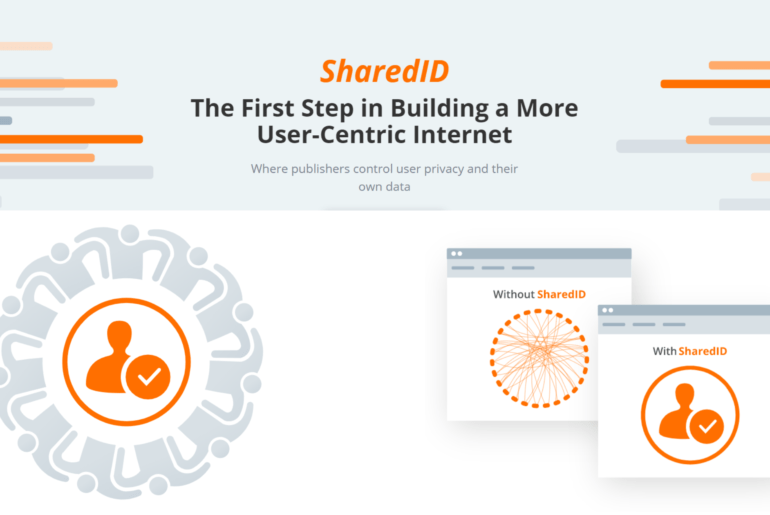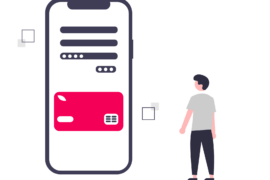The ad tech industry is deep in talks about Google’s Privacy Sandbox in light of the rapidly approaching situation, namely cookie deprecation. Google has been diligently working upon launching APIs to provide solutions for the cookie-less world and has also indicated that a couple of the APIs will be soon made available for experimentation in the real world.
But, the Privacy Sandbox is not the only available third-party cookie alternative out there.
For some time now, publishers and advertisers have also been using shared ID solutions. Their use, most notably, started gaining traction after privacy laws such as GDPR and CPRA came into effect and Safari and Mozilla’s Firefox blocked third-party cookies.
Owing to these developments in the ad tech industry, Prebid has also launched its solution- SharedID.
In this blog, we are going to talk about shared ID solutions- what they are and if they can help publishers in the post cookie world. In addition to this, we are going to throw light on Prebid’s shared ID solution- it’s overview and key features.
What is a Shared ID?
Shared IDs are yet another way to identify users and share user data amongst publishers and other parties in the ad tech industry. These solutions are used for targeting users and serving them ads based on their browsing behavior.
Sounds terribly similar to something that cookies do, right? But, cookies and shared identifiers are different in a lot of ways (other than the fact that they both help in identifying relevant audiences).
Firstly, a shared or universal ID is dependent on cookies, in the sense that it is created using third-party, first-party, and/or offline data. Secondly, while cookies work by the principle of probabilistic matching, shared IDs work on the basis of deterministic matching. This means that publishers can serve users ads that are relevant to their interests without cookie syncing.
The user ID has to be ‘shared’ to avoid the long process that is involved in cookie syncing, which can be expensive and can lead to data leakage. Moreover, targeting audiences on the basis of shared IDs is also better than targeting them using cookies, as the former is much more accurate.
Can shared ID solutions be helpful in the cookie-less world?
We did talk about some key benefits of shared ID solutions in the previous section, however, are they really helpful when we consider the post-cookie world?!
Before we answer this question, it is important to point out that there have been a number of ID solutions in the ad tech industry, and a lot of them still exist. It is also necessary to point out that as long as third-party cookies are there, ID solutions will (most probably) keep utilizing them for building user IDs.
However, once Google deprecates third-party cookies, shared IDs can only be created using first-party data and offline data. So, in this scenario, shared ID solutions which already support the integration of first-party data will remain in the game and can certainly be a useful alternative for third-party cookies.
Some of the major ID solutions in the industry right now are:
- Unified ID by TradeDesk
- ID5, an industry-shared solution
- IdentityLink by LiveRamp
- Publisher Common ID (PubCID)
- Advertising ID consortium
- SharedID
Now that we have talked extensively about shared IDs and their relevance in the ad tech industry, let’s take a detailed look at SharedID by Prebid.
Prebid’s SharedID
Prebid was born with the goal of making the implementation of header bidding easier for publishers. Since today, the majority of publishers are leveraging header bidding, it is safe to say that Prebid has been successful in achieving it’s objective. We can go so far to say that Prebid has played a prominent role in increasing the adoption of header bidding technique in the ad tech industry.
After the success of Prebid.js, the Prebid community has gone on to introduce Prebid Server and Prebid Mobile to further improve the programmatic advertising landscape. In addition to these solutions, Prebid has also come up with SharedID to help publishers steer through the cookie-less world.
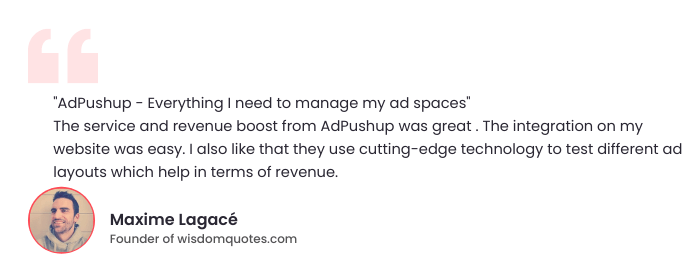
What is SharedID?
SharedID is a publisher-controlled identifier that aims to help publishers serve targeted ads to their users by leveraging user IDs. Prebid’s ID solution basically links the PubCommon ID created by Epsilon with the sharedid.org ID. Currently, it allows publishers to set user IDs as both third-party and first-party components. This will change once third-party cookies are deprecated.
Features of SharedID

- SharedID is community owned, which means that it is managed by publishers who are members of the Prebid community, thereby ensuring high standards when it comes to transparency.
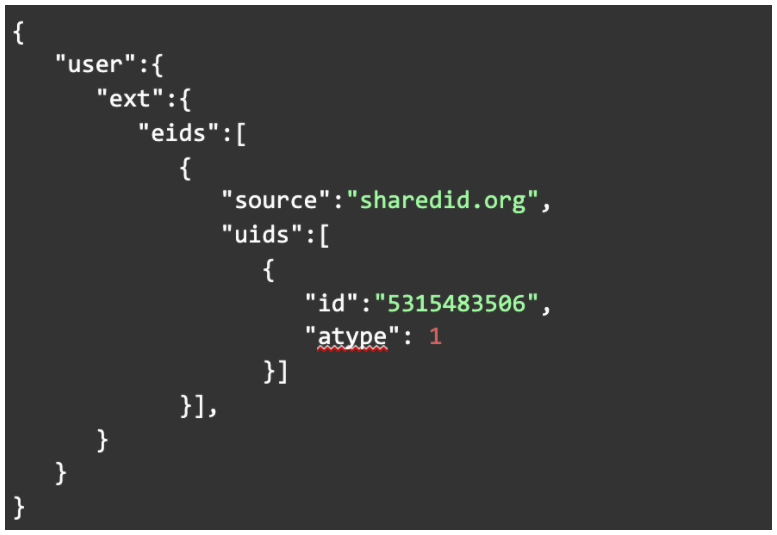
- It has a first-party component along with a third-party component. The 1st party component makes sure that the decision to make the unique user ID accessible to bidders lies with the publisher.
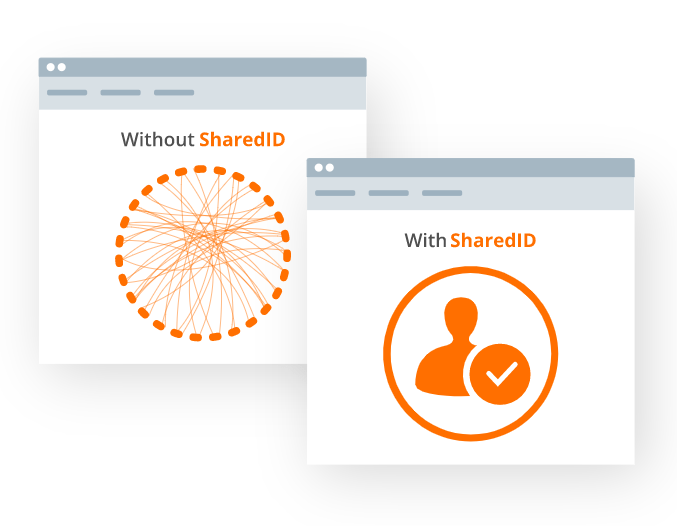
- It renders cookie syncing futile as all parties in the supply chain will use the same shared ID solution. This will also have a positive impact on the page load speed and page experience. Therefore, in decreasing the reliance on multiple cookies, SharedID is essentially preparing publishers for a cookie-less web.
In Closing
SharedID can very possibly rise as an efficient and scalable alternative to third-party cookies. An interesting thing to note about this ID solution is that various parties in the ad tech industry can test it out and work out any problems that may arise. In this way, SharedID is full of potential.
SharedID is principally very similar to the other ID solutions out there, except for the fact that it’s more democratized by many orders of magnitude. Democratization has it’s advantages- easier adoption, transparency, and faster development- all key pillars for building a solid ID solution. Moreover, SharedID gives publishers the room to use the unique identifier for their own first party solution as well, which is an added advantage.
Given the massive user base of Prebid and the simple implementation, SharedID should scale well. Once it scales well, SSPs and DSPs will be incentivized to start using it. Every single player across the value chain wants some ID solution to make sure that the demise of cookies does not affect their business.
Akshay Varma, Director Product Management at AdPushup
What to read next:
- Zero-Party Data: Overview, Importance, and How to Use it
- Web Browser Cookies: How are Different Browsers Handling Them?
- All about TURTLEDOVE and SPARROW, Privacy Sandbox APIs
- What is PARRROT? How does it Advance the Case of Privacy Sandbox APIs?
- What is FLEDGE in the Privacy Sandbox? How Does it Function?

Shubham is a digital marketer with rich experience working in the advertisement technology industry. He has vast experience in the programmatic industry, driving business strategy and scaling functions including but not limited to growth and marketing, Operations, process optimization, and Sales.
